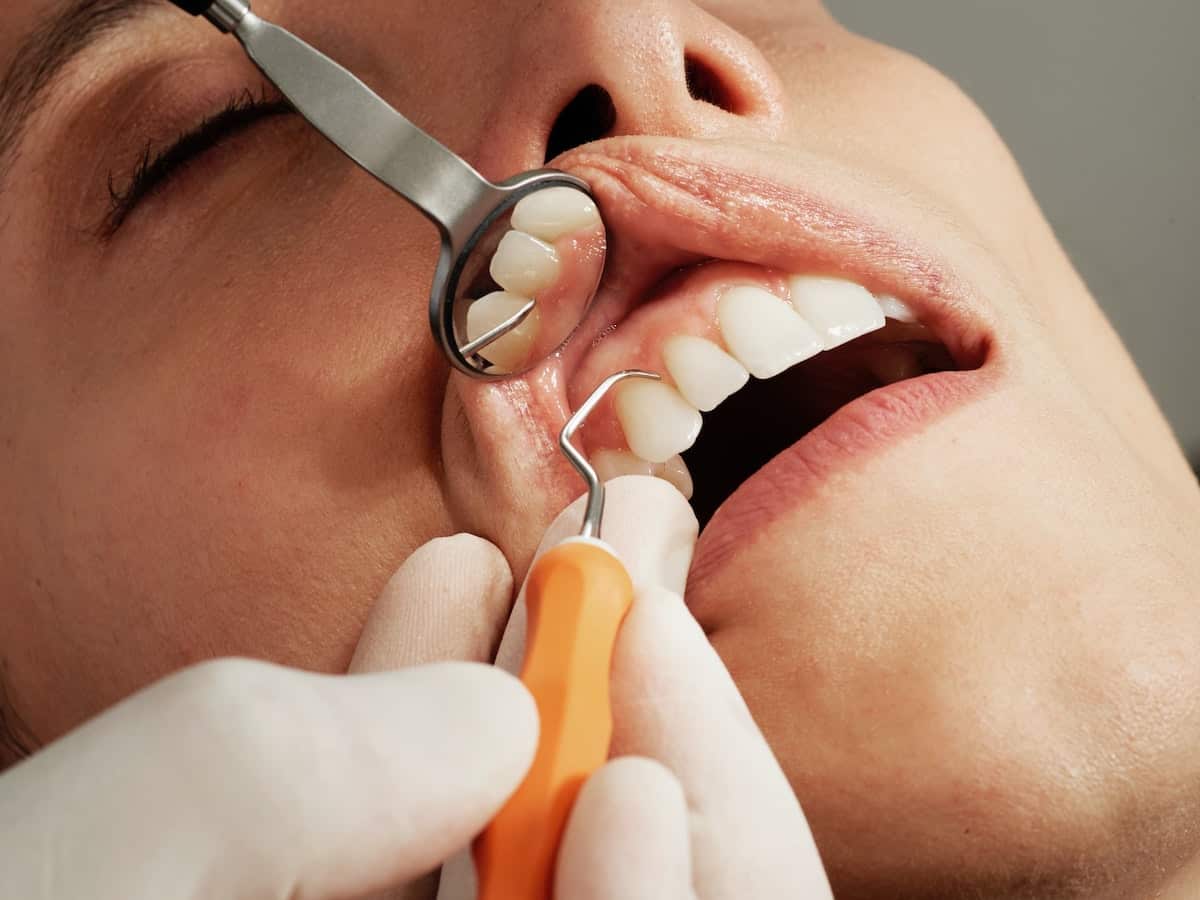Taking care of your oral health is important, and while it can be daunting at times, it doesn’t have to be difficult to do. Everything that goes into your mouth can affect your teeth; whether for good or bad. The food you eat also plays a role in the health of your teeth. Eating foods that can cause harm to your teeth is obviously something we recommend avoiding and replacing them with better foods that help your teeth is a good habit to acquire. We took some time with our expert Burlington dentist to get the info you need to make your diet work for you and your smile.
The Impact of Food on Your Teeth
If you’re curious as to how food can impact your teeth, some foods contain ingredients that can damage the tooth’s enamel. High sugary or acidic foods can weaken your enamel. If you do consume these types of food or drinks, you can mitigate the effects by rinsing or brushing your teeth afterwards. However, it’s best to wait to brush your teeth after an hour; otherwise, you actually risk brushing away tiny enamel particles that have become weakened by the process of eating. Regardless of how long it’s been since you’ve eaten something, you should always brush your teeth before going to bed.
Choose The Right Foods for Your Teeth
It’s not hard to incorporate some of the better foods that can positively impact your teeth. These foods can help strengthen your teeth and keep bacteria and acid from harming your teeth. Have food allergies? Not to worry. Oftentimes you can find alternatives to these tooth-healthy food options. Just some of the best foods for your teeth include:
- Lean Proteins
- Carrots
- Leafy Greens
- Green & Black Teas
- Nuts
- Apples
- Cheeses
- Yogurt
It’s also important to drink plenty of water. Water is a great way to maintain your oral health.
Dairy Foods & Tooth Health
Dairy options, like yogurt and cheese, have little sugar and are full of calcium, along with protein, which can help make your teeth stronger. Dairy foods also encourage saliva productions which is helpful for keeping bacteria and acids from impacting your teeth. Yogurt contains healthy bacteria (probiotics) that help your digestive system. However, pay attention to the labels because some yogurts have a lot of added sugars. Choose unsweetened and add your own natural sweetener, honey, for example. If you’re allergic to dairy, opt for nut milk instead.
Tooth Health & Leafy Greens
If you don’t currently eat many vegetables but want to improve your oral health, you’ll want to start incorporating more leafy greens into your diet. They offer health benefits without the added calories. Vegetables contain the minerals and vitamins that help with saliva production.
Leafy greens including collard greens, spinach, and kale, contain lots of minerals and vitamins and few calories. You can reap the benefit of the B vitamins, folic acid and calcium contained in vegetables. Just remember, if you add dressing, go easy with it. Otherwise, you cancel out the ‘good’ that comes from eating the veggies plain.
Sweet Tooth Alternatives
Maybe you have a sweet tooth that is hard to ignore. When you are craving that dessert or maybe a candy bar, opt for an apple instead. It’s sweet and is healthy for your teeth and your body. Apples are also great at encouraging the production of saliva. Celery works great for cleaning your teeth due to its texture. Both carrots and celery are ideal choices due to the Vitamin A, Vitamin C, and fiber content.
Just keep this in mind – when you opt for a sugary snack, it will continue to cause harm to your teeth long after you eat it. Consider opting instead for some of the foods listed in this article.
Lean Proteins, Nuts and Tea for Oral Health
Almonds make a great snack that won’t damage your teeth. They are low in sugar and a good source of protein and calcium; both are beneficial to your teeth. Plaque-fighting ingredients can be found in unsweetened green and black teas. Eating lean proteins also provide protein and phosphorous that benefit your teeth.
Oral Health Impacted by Beverages
Just like the food you eat, the beverages you drink can also help or harm your teeth. Sodas contain a lot of sugar and can cause more harm than good to your teeth. In addition, some juices and wines are also high-sugar and can leave damaging acids behind. Water is always the best option or low-sugar beverages.


